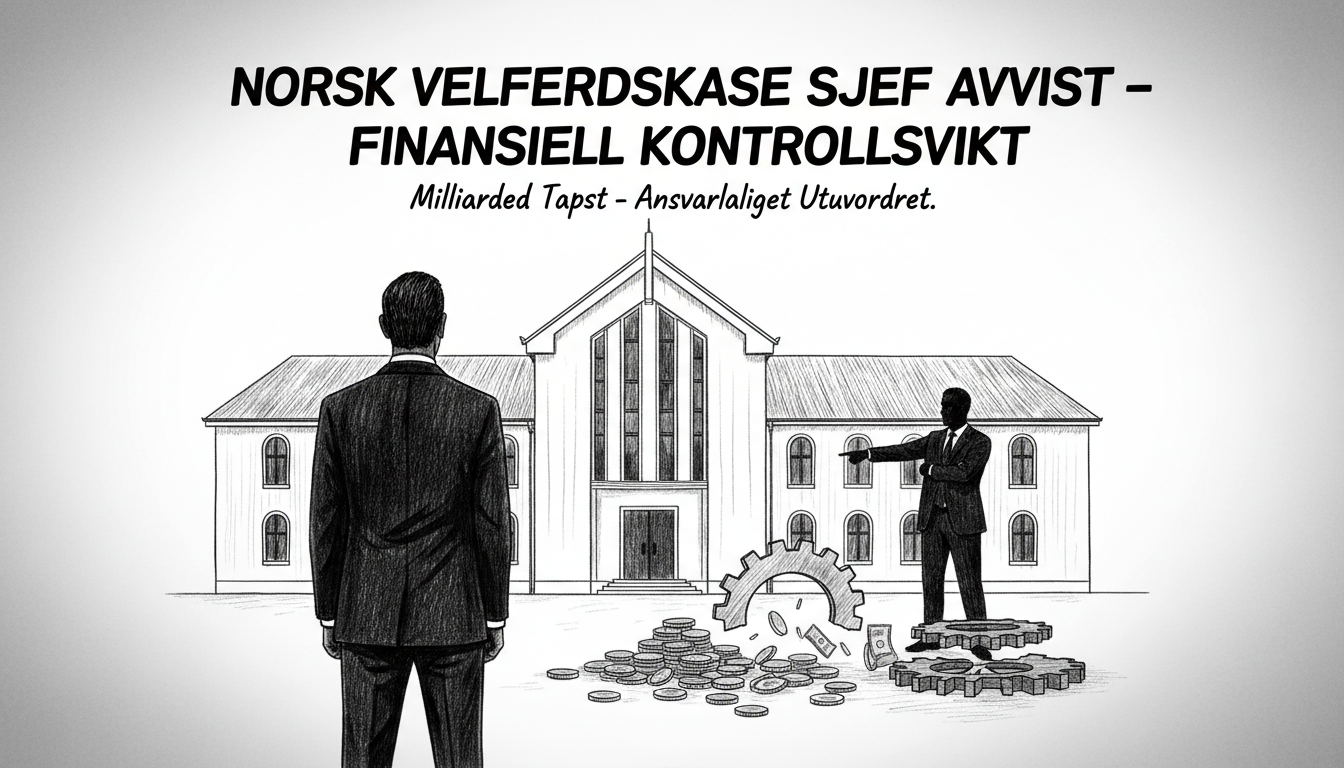Norway's welfare system faces a serious test after the state auditor uncovered major financial control failures. The Norwegian Labour and Welfare Administration (NAV) failed to properly monitor payments worth 2.3 billion kroner for orthopedic aids. The agency also maintained inadequate logging in systems managing 475 billion kroner. These revelations prompted the immediate dismissal of NAV chief Hans Christian Holte.
Labour Minister Kjersti Stenseng took decisive action when she learned about the situation. She emphasized that Holte had failed to inform her department or the state auditor about missing logs and internal controls for several months. This breach of trust between the agency head and his superior minister proved unacceptable.
The issue extends far beyond monetary amounts. It strikes at the heart of Norway's welfare state integrity. Most Norwegians interact with NAV through child benefits, pensions, or various support schemes. The agency combines former social security, employment, and welfare services into one massive organization created nearly two decades ago.
Proper management and oversight become crucial when handling such extensive public responsibilities. The recent audit shows NAV lacked essential controls in key areas. Minister Stenseng also pointed to other pressing issues within the agency, including excessively long case processing times for many applications.
This dismissal sets an important precedent for accountability in Norwegian public administration. Too often, serious failures occur without consequences for those in charge. When responsibility floats without clear ownership, systems become vulnerable to repeated mistakes.
The Norwegian welfare model depends on public trust that tax money gets managed properly. Citizens need confidence that help reaches those who genuinely need it while preventing system abuse. This case demonstrates that even Norway's renowned welfare system requires constant vigilance and accountability mechanisms.
What happens next will be crucial. The new leadership must restore both financial controls and public confidence. International observers should note that even well-functioning Nordic systems face governance challenges. This case shows that transparency and accountability remain essential regardless of a country's reputation for good governance.

